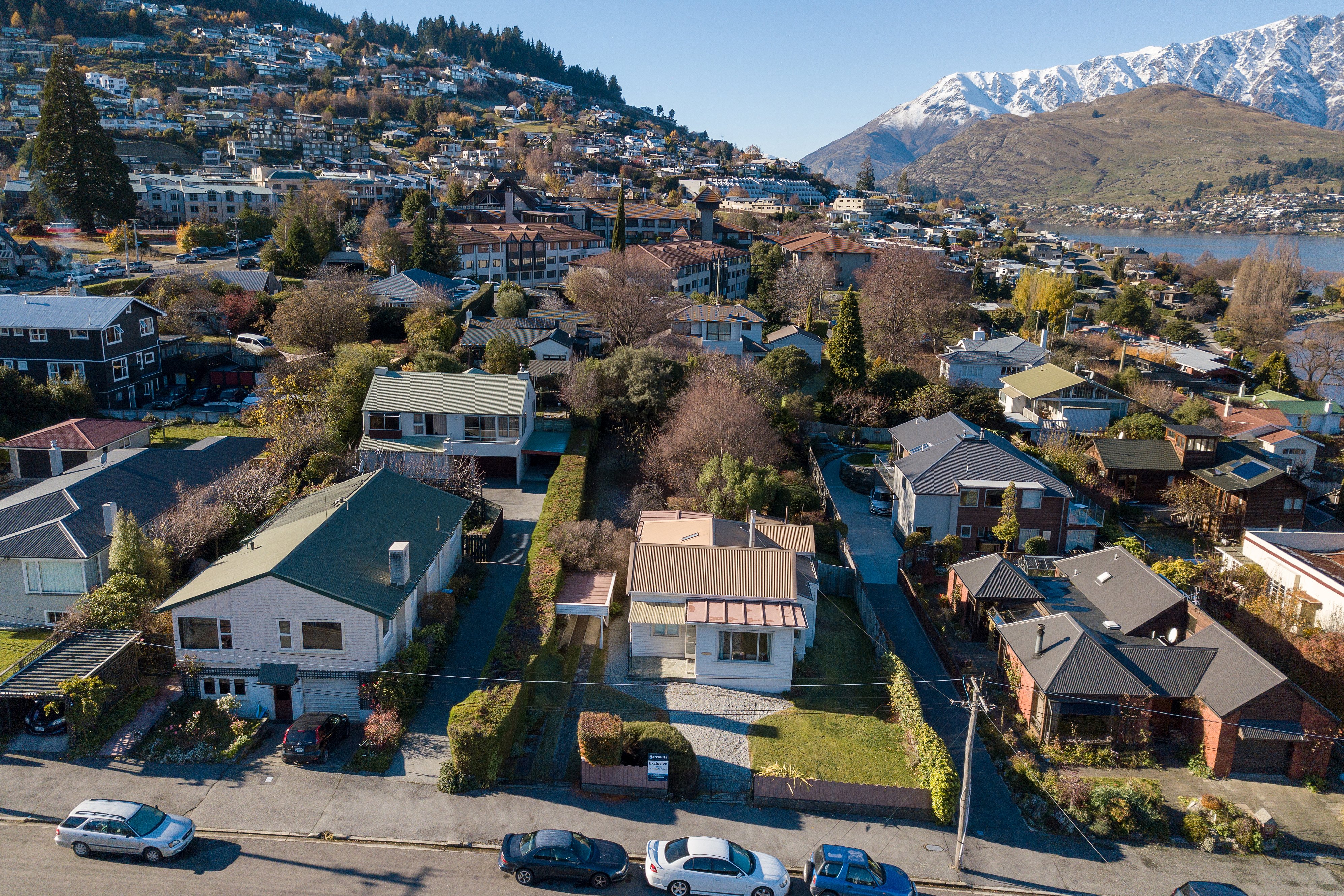
Initially, the trust aimed to provide the housing by 2028, but trust executive officer Julie Scott said following a recent strategy session they decided to move that to 2038.
"It’s just been too challenging to try to get 1000 homes in 10 years."
That was, in part, because the Housing Accords and Special Housing Areas Act, the mechanism through which the trust, via the Queenstown Lakes District Council, was able to negotiate with developers for cash or land contributions for affordable housing, was repealed in September 2019.
Queenstown Lakes Mayor Jim Boult said subsequent to that, there had been no ability to conduct those commercial negotiations with developers.
Earlier this month the council eventually voted 10-1 to publicly notify a plan change to include inclusionary zoning provisions in its district plan to increase the amount of affordable housing across the district.
The policy would apply to subdivisions within residential zones which resulted in more than one new lot, requiring developers to contribute 5% of the estimated sales value, or a land contribution.
Those would fund the ongoing construction of affordable housing for low- to medium-income households.
Mr Boult said it was the first time that had been attempted in New Zealand.
"We are breaking ground."
It was a controversial decision because "developers will hate it", he said.
"We fully expect to be challenged all the way on this, but council has taken the view that this is one of the tools we can use to enable affordable housing to be available for the community.
"It’s controversial, and hard to get done, but if we don’t start to push the boat out, we never get to the other side.
"This is actually a requirement — if you want to develop in the district, then you’ve got to put either cash or land into the trust."
Ms Scott said the first deed relating to inclusionary zoning in the district was signed in 2003.
Since then, the trust had assisted 243 households to date.
"If you average maybe three people per household ... that’s literally hundreds of individuals that we’re helping stay in this community and continue to work.
"We do a lot of senior housing as well, now, so there’s a lot of seniors, pensioners, who would have otherwise have to leave town, or stay in quite poor accommodation and are now in affordable, secure rental properties with us.
"We operate across the housing continuum, so we’re providing social rental housing through to rent-to-buy, through to assisted ownership."
However, there was about 800 people on the trust’s waiting list at present.
"It’s always steadily tracking upwards ... every month, without fail.
"We need [the 1000 houses] yesterday and right across the district.
"So inclusionary zoning is going to play a massive part in us achieving that goal and helping those households who do require some form of assistance, be it through an affordable secure tenure rental or assisted ownership, where it’s a stepping stone to independence," Ms Scott said.
The trust had about $34 million of net assets on its books — of that, about $24 million came directly from inclusionary zoning.
The remaining $10 million came from it, indirectly, by using the developers’ contributions to leverage the Government for grants and loans, while the council had also provided "quite a bit" of funding, either in operational grants each year or land.












